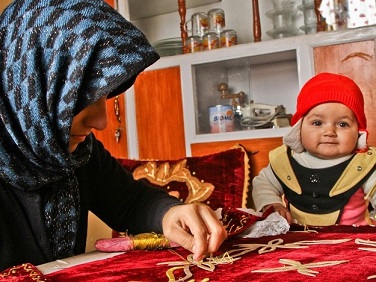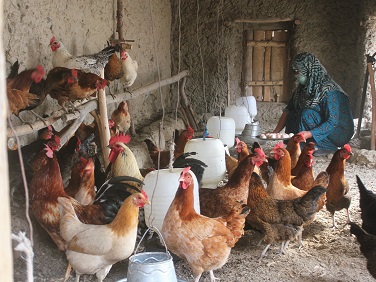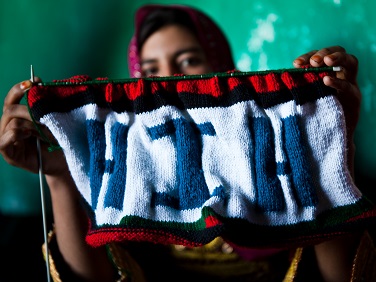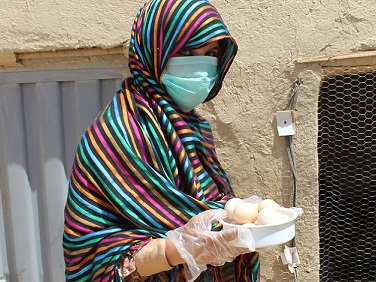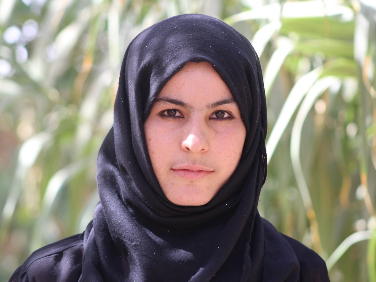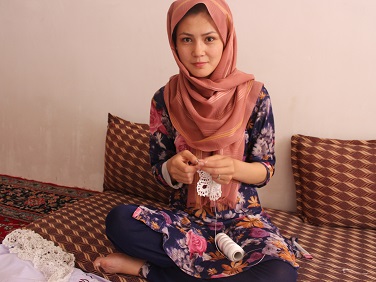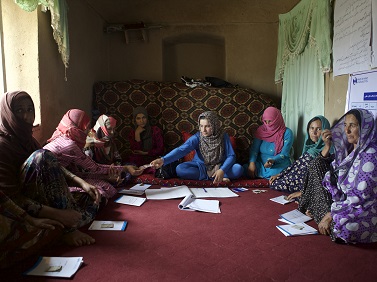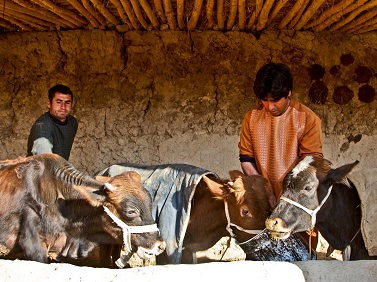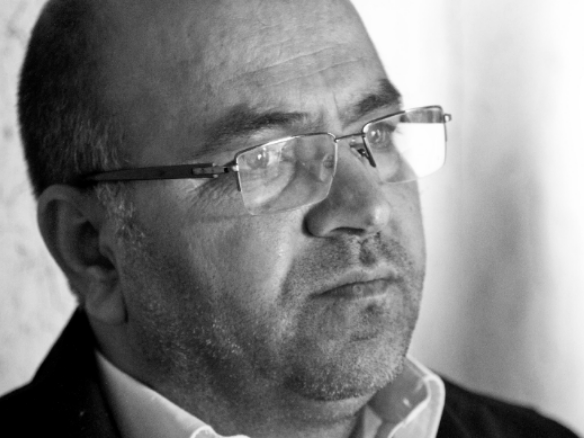
Our work in Afghanistan
Poverty, insecurity, displacement and discrimination. Since arriving in Afghanistan in 2007, Hand in Hand has helped thousands of vulnerable Afghans overcome all four. At a time when so many organisations have decided or been forced to leave, Hand in Hand is committed to maintaining our presence in the country, helping thousands of members climb the ladder from subsistence to success.
Read on to learn about our programmes, meet our members, and discover how you can help entrepreneurs in Afghanistan transform life in their communities at this hugely important time – business by business, family by family, and community by community.
Members trained: 50,273
Our members in Afghanistan often start with no income. By the time they’re done training, they’ve topped the national average
Businesses started: 43,407
Hand in Hand Afghanistan entrepreneurs run poultry farms, cultivate honey, weave carpets and more
Jobs created: 47,743
Jobs equal development. Our entrepreneurs make their own success, breaking the cycle of dependency
Lives improved: 325,370
Every business we help create in Afghanistan benefits an average of seven family members – young, old and everywhere in between
Featured projects
Meet our entrepreneurs
High return, low cost
Return on investment
Hand in Hand recently undertook a major audit of our programme in Afghanistan establish our return on investment (ROI): the amount our members earn per year for every dollar donated. The review was conducted across two of our biggest completed projects to date, one funded in-house, the other by the European Union.
Between them, total project expenditure was US S2.14 million. And the total annual income generated by our members’ enterprises in the first year alone? US $3.12 million, for an ROI of 46 percent.

To put those figures in context, consider that the S&P 500 has generated annualised returns of 9.7 percent, including dividends, since 1965. Or, to pick a more ambitious comparison, that Berkshire Hathaway’s average annual stock price gain under Warren Buffet, the world’s most successful investor, is circa 20 percent.
Low cost
Hand in Hand spends significantly less than comparable programmes on training each member in Afghanistan. That’s according to new research from our colleagues in the country, who polled staff and managers from six major government or NGO livelihoods projects.
Across all six programmes, the price per member trained ranged from US $361 to US $2,000, for an average of US $957. Hand in Hand spends less than one-third of that: just US $298.
But low costs have not meant sacrificing high returns (see next tab).

Independent evaluations
Hand in Hand strives to be as transparent as possible. Download our latest independent evaluations from Afghanistan below.
Mid-term review in partnership with CARE
Hand in Hand is increasing decision-making in the home
End-term review commissioned by DFID
‘99.4% of beneficiaries saw an increase in their annual gross household income’
End-term review commissioned by EU
‘The project was extremely useful to women’s socioeconomic situation’
Expansion map
Hand in Hand Afghanistan has operated in 11 provinces, with plans to expand into two more. We intervene in districts that lack similar programs but benefit from relative security and support from local authorities.
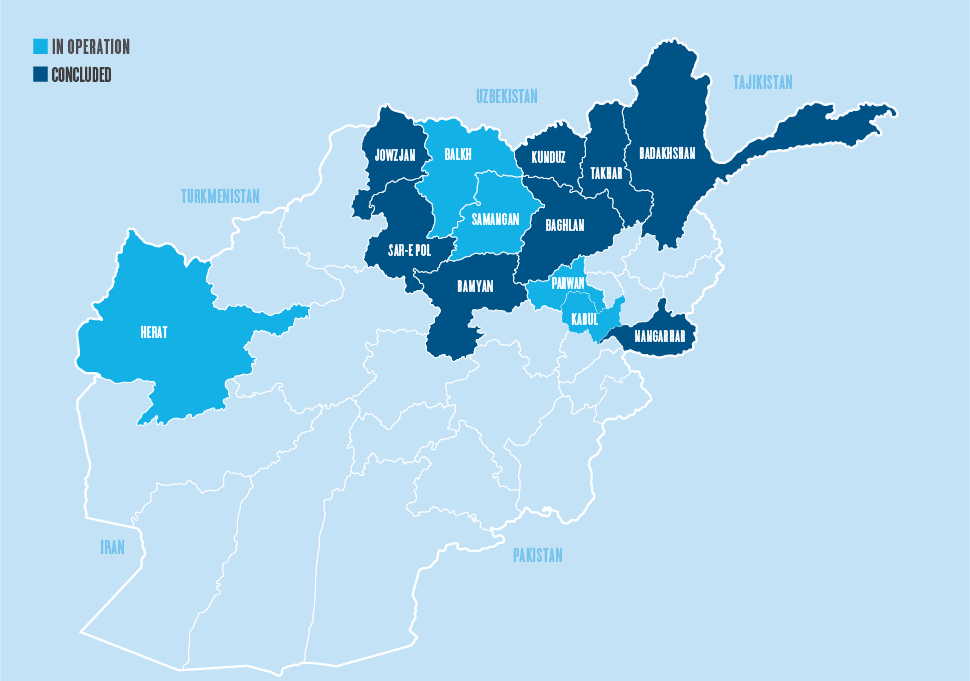
Meet Hand in Hand Afghanistan Country Director Abdul Nasry
Abdul Nasry joined Hand in Hand Afghanistan in 2012 after managing the Afghan government’s National Skills Development Program, where he helped shape government policy on job creation.

